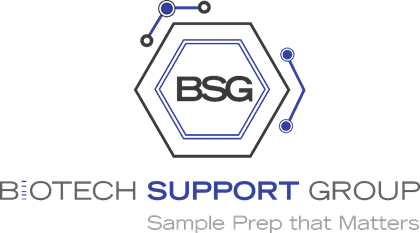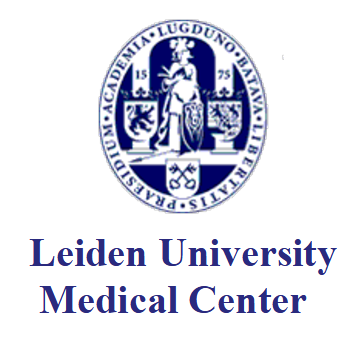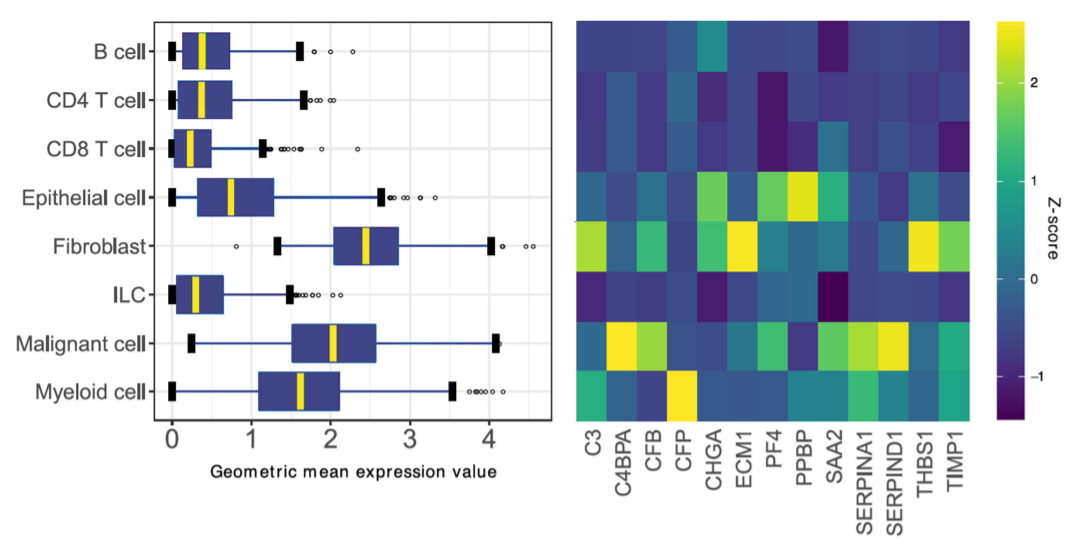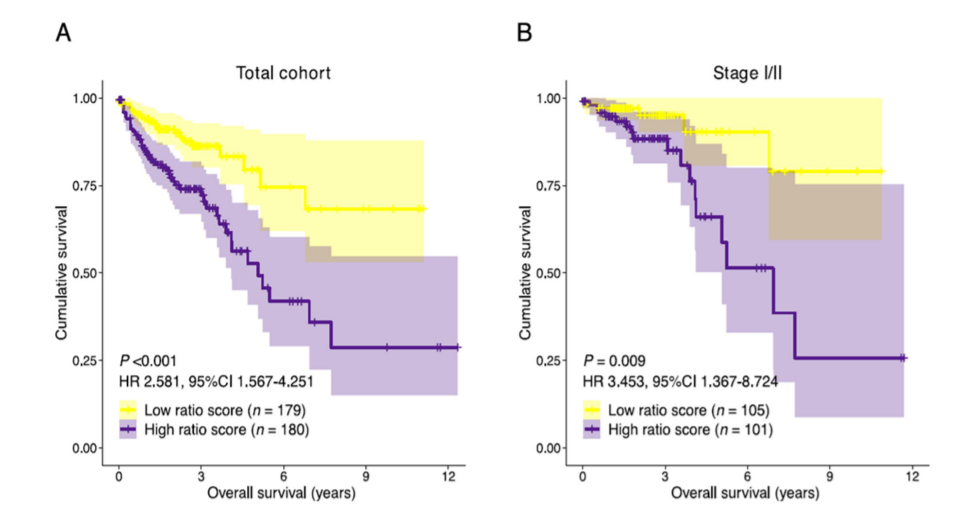|
Journal Article by Leiden University Medical Center and Biotech Support Group Describes a Gene Signature Ratio that Predicts Survival in Colon Cancer Biotech Support Group (BSG) and Leiden University Medical Center (LUMC), Leiden, The Netherlands, announce publication of a journal article in the publication Cancers.
News Release
Journal Article by Leiden University Medical Center and Biotech Support Group Describes a Gene Signature Ratio that Predicts Survival in Colon Cancer
MONMOUTH
JUNCTION, NJ, January
10, 2022 -- Biotech Support Group (BSG) and Leiden University Medical
Center (LUMC), Leiden, The Netherlands, announce publication of a
journal article in the publication Cancers. It is based upon on their
joint goal to correlate BSG’s patent pending Stroma Liquid Biopsy™
panel of blood-borne biomarkers, to tissue derived tumor-stroma ratio
(TSR) scoring methods developed by LUMC. The citation is:
Liquid
biopsy has emerged as a novel approach to tumor characterization,
offering advantages in sample accessibility and tissue heterogeneity.
However, as mutational analysis predominates, the tumor
microenvironment has largely remained unacknowledged in liquid biopsy
research. The Stroma Liquid Biopsy™ (SLB) proteomics panel
comprises a set of 13 proteins from interconnected stromal pathways
(i.e., coagulation, complement, acute phase inflammation) and is
believed to capture a plasma proteomic blueprint indicative of a
deranged systemic response in cancer. As such, it encompasses the
importance of the tumor microenvironment (TME) compartment in liquid
biopsy. Within similar context, the histologic tumor-stroma ratio
(TSR), a stroma-derived biomarker developed by LUMC, has been
validated as an independent predictor of patient survival in various
primary tumor types. The current work provides an explorative gene
transcriptomic characterization of the SLB proteomics panel in colon
carcinoma by integrating single-cell and bulk transcriptomics data
from publicly available repositories.
The current report provides a first theoretical framework for proteomic signatures to potentially serve as an indicator for tumor-stroma content when applied in liquid biopsy. Ultimately, the stromal conditioning protein blueprint, as captured by the SLB panel, may provide a more refined stratification of the tumor and patient prognosis, and offer new insights into therapeutic strategies that might beneficially modulate the tumor-microenvironment. “This is a very exciting article to have published, as LUMC has been at the forefront in research on the microenvironment componentry of cancer. While most cancer research is focused on genomic mutations, even with the introduction of immuno-therapies, we still know very little about individualistic hospitality to uncontrolled cellular proliferation. So BSG set out to answer whether stromal conditioning was measurable in blood sera, to most if not all cancers, regardless of primary tumor, stage, or metastatic disease. This discovery research led to our patent pending panel of Stroma Liquid Biopsy™ proteomic biomarkers. Now, the genes from this panel have been investigated here in this very compelling journal article. This validates the usefulness and potential clinical utility for liquid biopsy and proteomic characterization of stromal conditioning in cancer, as a further way to stratify patients towards the best treatment options.” states Swapan Roy, Ph.D., President and Founder of Biotech Support Group. Lead authors Dr.Wilma Mesker (Associate Professor) and Cor Ravensbergen (Senior Medical Student) of the Leiden University Medical Center concur, and state further that, “the tumor-stroma microenvironment is an important prognostic parameter for patients with epithelial cancer types. However, tissue staining provides only qualitative information and does not offer any insight into specific cellular or protein mechanisms that impact survival. We do know that patients with a high amount of stromal cells in the primary tumor have a bad prognosis and respond worse to current chemo-, radio- and/or immunotherapy regimens. Now with the help of BSG’s Stroma Liquid Biopsy™ panel, our working hypothesis is showing real evidence for how stromal conditioning impacts survival. We will soon start our LC-MS analysis of the Stroma Liquid Biopsy™ protein panel on patient sera. From this analysis, we can envision future therapeutic strategies that can potentially modulate the tumor microenvironment, as the tumor-stroma ratio was found to be associated with pathologic response to neoadjuvant therapy. This supports the notion that the tumor microenvironment affects therapeutic response. So, we can begin to think about how modulation of stromal conditioning might improve immuno-oncology treatments, for example turning ‘cold’ tumors to ‘hot’. Consequently, we are very excited about the prospects for bridging the histologic tumor-stroma ratio with biomarkers for systemic response, as reported by the blood-based Stroma Liquid Biopsy™ panel.” To Learn More About Tumour-Stroma Ratio, visit: To Learn More About Stroma Liquid Biopsy™, download whitepaper at:
Converging with cultural and technological disruptions forthcoming in healthcare, Biotech Support Group develops methods for cost effective and efficient sample prep essential for these expanding markets. Following a tiered business strategy, the company continues its growth in the consumable research products area supporting the rapidly expanding installation of LC-MS instrument and computational infrastructure. For this market, key products include: AlbuVoid™ and AlbuSorb™ for albumin depletion, Cleanascite™ for lipid adsorption, and HemogloBind™ and HemoVoid™ for hemoglobin removal. From these innovations, the company has acquired knowledgebase and biomarker intellectual property assets that support discoveries of protein markers from blood, with special emphasis on early detection and personalized medical decisions for cancer patients. For more information, go to https://www.biotechsupportgroup.com/Default.asp For business development at BSG, Contact: Matthew Kuruc 732-274-2866, mkuruc@biotechsupportgroup.com
About Leiden University Medical Center (LUMC) As the world changes and its population ages, the number of patients with chronic diseases and disorders is expanding, while medical costs increase. Therefore, the health of the global population is one of the biggest challenges of our time. Leiden University Medical Center believes that this challenge asks for a clear vision and mission. At the LUMC, students are trained in lifelong innovation and learning. Researchers let themselves be inspired and test their findings directly in practice. Patients can count on being helped according to the state-of-the-art in science. The LUMC believes in curing but also in prevention. By collaborating with companies and organizations inside and outside the region, the LUMC makes innovations and new applications actually possible. Thus the LUMC serves as an innovator for improving healthcare science and consequently people’s health. For more information, go to https://www.lumc.nl
For business development, Contact: Ram Siddappa, PhD, MBA Senior Business Development & Licensing Manager Email: r.siddappa@luris.nl Tel: +31-(0)71-5272652 Mob: +31 (0) 614 74 79 12
|

- About
- Products
- Hemoglobin Removal Kits
- Lipid Removal & Clarification
- Urine Protein & Low Abundance Enrichment
- Class Specific Enrichment
- Sample Prep Mass Spectrometry
- Functional & Chemical Proteomics
- Genomic Sample Prep
- Accessories
- Technical Resources
- References
- Publications & Reports
- FAQs
- Case Studies
- Cleanascite™ Unlocks Insights into Lipid-Driven Tumor Immunosuppression
- NRicher™ Bead Platform Provides Unique Sub-Proteome Biases And Fit For Purpose Opportunities for Targeted LC-MS Quantification
- BSG Products To Assist in Analyzing Macrophage Polarization
- Ectodomain Shedding and Enrichment of the Soluble Membrane Proteome
- Investigate out of the Venn Diagram box
- Methods to selectively deplete or purify Hemoglobin from Dried Blood Spots (DBS)
- The Utility of HemoVoid™ is Demonstrated in 3 Proteomic Investigations Identifying Potential Disease Specific Biomarkers
- The 4 common features of our sample prep products, known as the BSG Advantage, are highlighted in a selection of journal references.
- AlbuVoid™ Workflows Advance Cell Secretome Proteomics
- Lipid Removal for Phenotypic Cell Response in Cancer Research
- The Influence of Sample Prep Bias on LC-MS Targeted Peptide Quantification in Serum Proteomics
- Re-imagining proteomics for developing precision medicine biomarkers of the innate immune response in SARS-CoV-2
- Patent Application Describes New Proteomic Methods to Monitor Protease Inhibitor Function During Covid-19 Infections
- Efficient Hemoglobin Removal Advances Red Cell Proteomics Offering Many New Insights Into Inflammation and Infectious Disease
- The Potential for New Blood Biomarkers in the Management of COVID-19 Disease
- Establishing the Utility of HemoVoid™ and HemogloBind™ as Enrichment Tools for Proteomic Analysis of Red Cells and Whole Blood in Parkinson’s Disease
- Species Diversity Supported By BSG Products
- Poster Report Describes Loss of Functional Serpin Activity In Cancer Patient Blood
- AlbuVoid™️ PLUS & AlbuSorb™️ PLUS Evaluating Different Windows of Observation Solves The Many Challenges of Serum Proteomics
- Tackling the Challenges of Serum Proteomics
- Lipid Removal Sample Prep for Cell Response Applications
- Sample Prep for Proteomic Analysis of Saliva
- Biotech Support Group Featured in Book, "Functional Proteomics – Methods and Protocols"
- Sample Prep Liquid Biopsy Products Suitable for Proteomic Profiling of a Variety of Body Fluid Sample Types
- Albumin and High Abundance Depletion
- Using HemogloBind™ as a Hemoglobin Binding Reagent
- Diverse technologies available for researchers to selectively bind or enrich exosomes and extracellular vesicles.
- Stroma Liquid Biopsy™ Biomarkers Profile Pan-Cancer Dysregulation of the Serum Proteome
- Diverse Depletion and Enrichment Technologies Enhance Simplicity and Efficiency of Obtaining Quality Proteomic Information
- Use On-Bead Digestion to Improve Time Required for Serum Digestion
- Using AlbuVoid™ as a Serum Protein Enrichment Kit in Functional Proteomics
- Using Cleanascite™ as a Lipid Absorption and Clarification Reagent
- Using HemoVoid to Remove Hemoglobin Before Analysis
- Blog
- Contact
- Liquid Biopsy



 The
The
 In
addition to patient prognosis, high gene signature ratio-risk scores
were associated with an increased proportion of Microsatellite
instability (MSI) in comparison to low ratio-risk scores. Given the
increased proportion of MSI in the high ratio risk score group, the
signature ratio might be predictive of immune checkpoint inhibitor
(ICI) therapy response in colon cancer and should be the subject of
future studies in ICI therapy-treated patient cohorts.
In
addition to patient prognosis, high gene signature ratio-risk scores
were associated with an increased proportion of Microsatellite
instability (MSI) in comparison to low ratio-risk scores. Given the
increased proportion of MSI in the high ratio risk score group, the
signature ratio might be predictive of immune checkpoint inhibitor
(ICI) therapy response in colon cancer and should be the subject of
future studies in ICI therapy-treated patient cohorts.